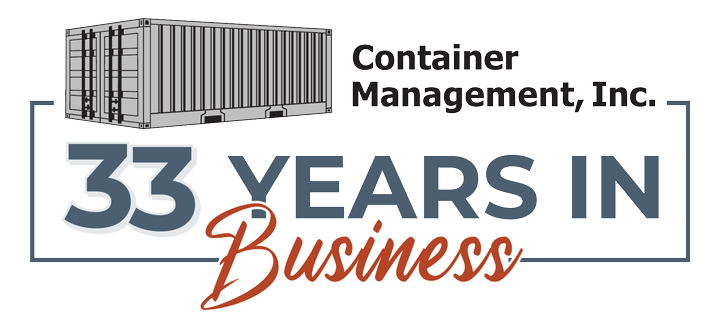When Do You Need a Permit for Your Shipping Container?
Written by Susan Nalevac | November 10, 2021
Multimodal shipping containers are a familiar sight at ports and warehouses, where they transport valuable goods across land and sea. You won’t always find shipping containers in transit, however. In fact, some containers make long-term or permanent stays on people’s properties, where they serve as useful adjunct storage solutions. When container owners choose to park them rather than keep them moving, a common question arises: when do you need a permit for your shipping container?
The answer: it’s complicated. The requirements for permits differ from city to city, county to county, and state to state. In the meantime, we can give you a brief overview of some situations involving containers and when their implementation may require government approval.
As a Temporary Structure
It’s not unusual for a shipping container to temporarily reside on a commercial property. When a shipping container becomes a permanent fixture on a commercial property, however, that will usually require a building permit.
Incorporating a container in this way calls for property owners to secure permission from their municipality or county. Even if you position your container so you can easily relocate or dismantle it, some areas will call for a temporary use permit to account for the significant variance of placing a large and heavy structure on your land.
As a Supplemental Structure
Homeowners make use of shipping containers in their yards much the same way they would with structures like tool sheds. Artists and hobbyists can transform containers into studios or workplaces that allow them to take on tasks that may be too distracting or messy in the home.
While some cities and counties take a laissez-faire attitude toward these additions, classifying them as temporary structures, others may be stricter due to the industrial appearance of a container’s exterior. In denser areas, err on the side of needing a permit and seek permission.
As a Home
Due to the rising costs of real estate, some enterprising folks will refashion one or several disused shipping containers into a permanent residence. Some of these container homes end up becoming novel forms of architecture. However, people planning to turn containers into residences will have to prove that they can do so while complying with building codes.
This kind of permanent construction will require building permits, inspections, and other levels of governmental oversight to ensure that this unusual undertaking proceeds safely and conscientiously.
Conclusion
To determine when you need a permit for a shipping container, it’s best to go to the people who know best—your local municipal or county-level government. Being transparent with your intentions to use containers is the best long-term policy.
Once you get the go-ahead to use shipping containers as you wish, consult with Container Management to buy steel shipping containers for your business or residence.





